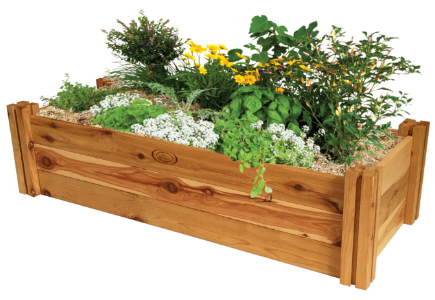The Benefits of Using Tile-Based Garden Surfaces for Sustainable Landscaping
Body
In recent years, the concept of sustainable landscaping has gained significant traction among gardeners and homeowners alike. One innovative approach to achieving this goal is through the use of tile-based garden surfaces. These surfaces not only enhance the aesthetic appeal of outdoor spaces but also contribute to environmental sustainability. In this article, we will delve into the numerous advantages of incorporating tile-based surfaces into your garden design.

What Are Tile-Based Garden Surfaces?
Tile-based garden surfaces refer to various types of tiles specifically designed for outdoor use. They can be made from materials such as ceramic, porcelain, stone, or even recycled materials. These surfaces are versatile and can be used in pathways, patios, and garden beds, providing a durable and attractive foundation for any garden layout.
Advantages of Tile-Based Garden Surfaces
- Durability: Tile-based surfaces are known for their strength and longevity. Unlike traditional garden surfaces, they resist wear and tear from weather conditions, foot traffic, and gardening activities.
- Low Maintenance: One of the most appealing aspects of tile-based garden surfaces is their low maintenance requirements. Regular cleaning with water and mild detergent is often sufficient to keep them looking pristine.
- Water Management: Many tile designs incorporate drainage features, allowing for effective water management. This can help prevent water pooling and promote healthy plant growth.
- Aesthetic Variety: With a wide range of colors, patterns, and textures available, tile-based surfaces can be customized to fit any garden theme or personal style.
Environmental Benefits
Using tile-based garden surfaces can also have a positive impact on the environment. For instance, many tiles are made from recycled materials, reducing waste and promoting sustainability. Additionally, these surfaces can help reduce soil erosion and improve water retention in garden beds.
How to Incorporate Tile-Based Surfaces in Your Garden
When considering the integration of tile-based garden surfaces into your landscaping, think about the following:
- Assess your garden layout and determine where tile surfaces would be most beneficial.
- Choose tiles that complement your existing plants and garden features.
- Consider the installation process; professional help may be required for larger projects.
- Explore options for eco-friendly tiles to enhance your garden's sustainability.
For those interested in high-quality materials, check out this that can complement your tile-based surfaces beautifully.
Conclusion
In conclusion, tile-based garden surfaces offer a multitude of benefits for sustainable landscaping. Their durability, low maintenance, and aesthetic appeal make them an excellent choice for any gardener looking to enhance their outdoor space. By incorporating these surfaces, you not only create a visually stunning environment but also contribute positively to the ecosystem. Embrace the potential of tile-based surfaces and transform your garden into a sustainable haven.










Comments